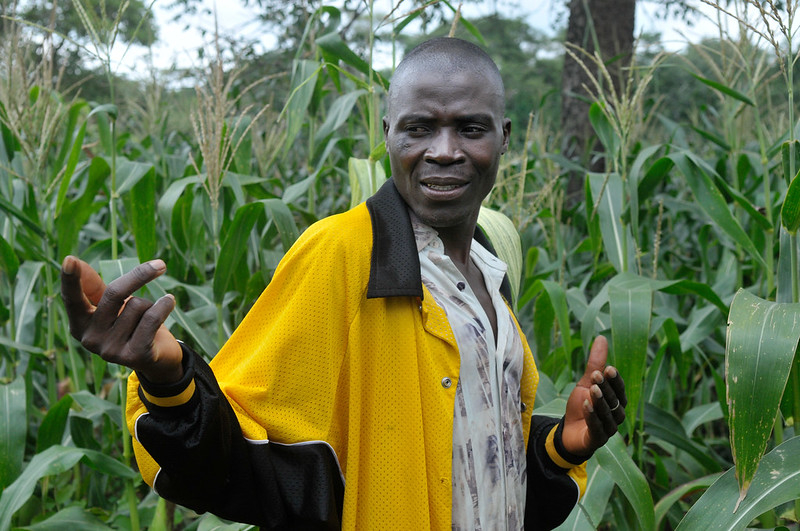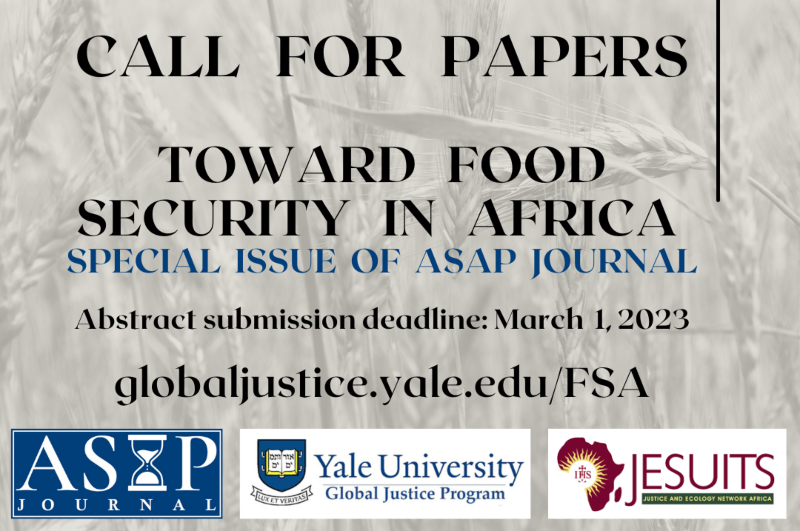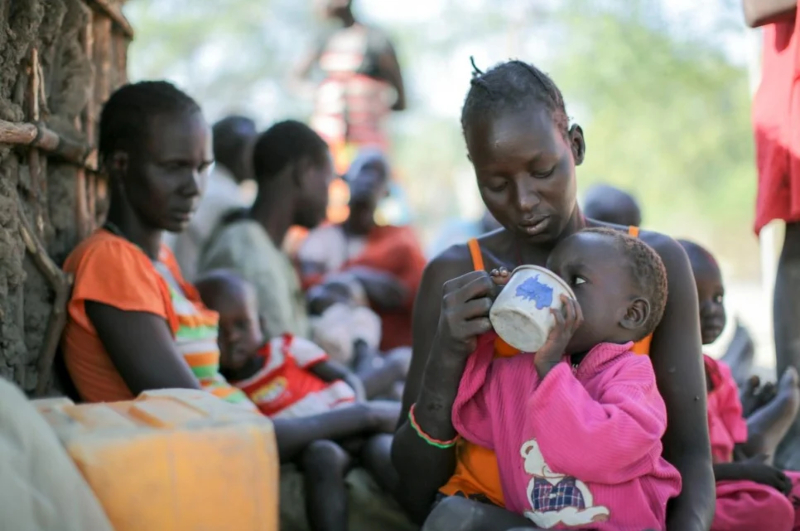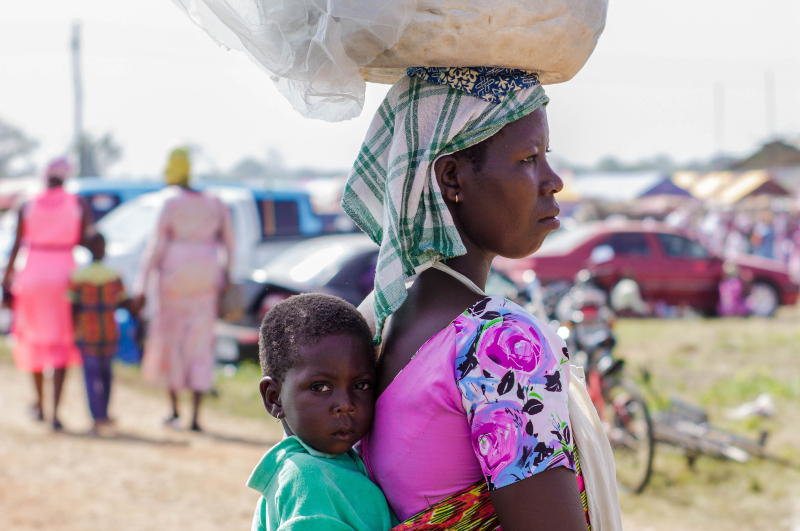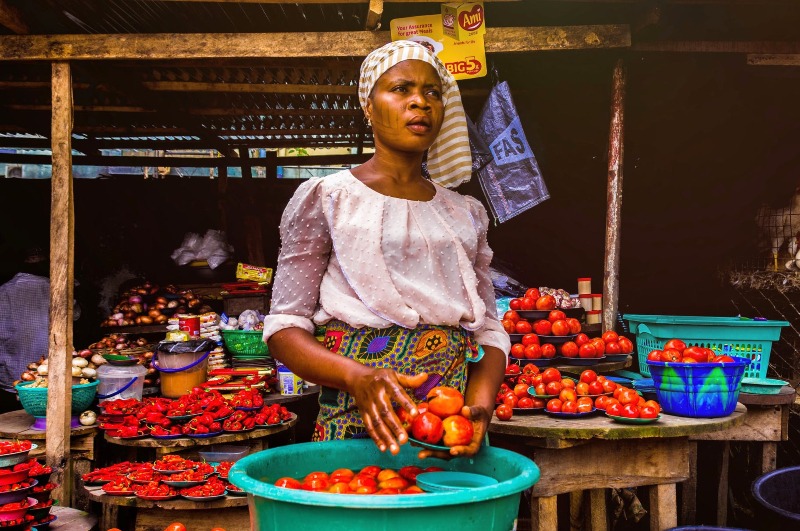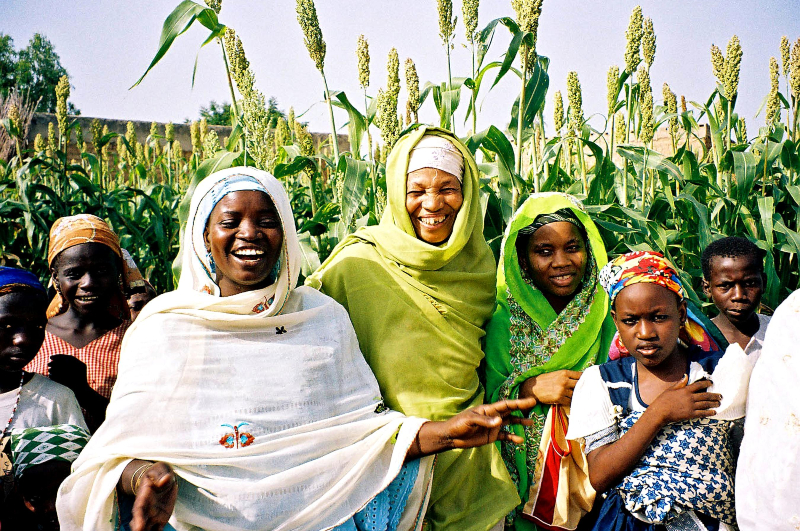

“Our deepest respect for the land is the legacy of generation of farmers, who put food on our tables, preserved our landscape, and inspired us with a powerful work ethic.” - James H. Douglas
The land is supremely important in supporting the livelihoods of all the resources bestowed on humankind. Notably, creation week could be no better without creating land as terrestrial habitat and a resource out of which springs forth grass, vegetables, herb-yielding seed and fruit trees as food for humans and animals.
As God’s gift, the land is given to humankind, wherein in the eyes of God, man is just a caretaker with no ultimate ownership of the land. This is demonstrated in Psalms 24:1 “The earth is the Lord’s and the fullness thereof.” However, ownership quandary stagnates the proper utilization of land to yield food. Over time, land gains value through property and investments that can dislodge the voiceless in the society of their land. To address this issue, the Jewish people were required to return the land to its original owners every Jubilee year. The ability of the land to support sustainable and productive agroecological systems is highly dependent on the interactions among land components and their ability to withstand and adapt to natural and human disturbances. Some common disorders that directly impact food production systems include; extensive grazing, fires, wood clearcutting, change in land use, flooding, and soil movements due to mining and climate change, and they greatly influence food security.
Agricultural Land in the Lens of Property Rights
Land ownership is central to the investments that occur in land. Disproportionate land allocation denies vulnerable members of society the opportunity to reap the benefits that land gives. In Sub-Saharan Africa, rich agricultural lands that ought to alleviate hunger through increased yields have instead turned into warring zones attributed to a lack of ownership rights. The benefits that should accrue from lands cannot be realized when systemic land injustices prevail. Globally, feudalism and landlordism have persistently denied the poor from accessing lands for their survival. With land linked to the cultural, economic, and political life of most people, any economic activity happening on the land should always adhere to these socio-cultural systems of the people. The growing population in Africa and across the globe impacts land use. In areas where migrant farmers bought land, locals are seizing their land by force; governments’ creation of enterprise zones denies smallholders land, preferential access to land and increases poverty. Over time, the usefulness and value of land change both in a legal and social sense. Thus, land continues to be viewed from different perspectives, from being considered a commodity tradable in the market; to land as community property; personal attachment to land through history, culture, and symbolic meaning, and land tied to ethnic and caring practices. These diverse perspectives inform land use and individuals’ capacity for what they can produce on their land.
Land and agriculture is a thematic issue that holds the key to the prosperity of regions with a majority of the landless population. The issue of land and agriculture is closely linked with the politics of the land. From a historical perspective, the end of colonial rule in developing countries paved the way for local governments to take control over the resources. Martin et al. (2019) opine that agrarian reforms in the post-colonial period were shaped by the countries’ social, economic and political backgrounds. For instance, South Africa in 2000 had a market-oriented agrarian reform that aimed at repossessing lands to initial owners who had been forcefully denied their land. This reform led to a hybrid system involving redistributive and market-oriented reforms that have resulted in mixed outcomes in creating social equality. According to Clark (2019), a 2017 land audit revealed that the white population owns 72 % of the nation’s arable land, which only makes up 10 % of the national population. South Africa’s inequality in land ownership explains some of the setbacks in feeding a large population comprising consumers with no capacity to produce food.
Arguably, the land is essential for governments, and any idea of land annexation erupts in war. Prevalence of war in Africa and land disputes have been witnessed in Kenya, DRC Congo, and other African countries. Recently, Kenya has seen post-election violence that had roots in land ownership; some communities felt their fertile agricultural lands had been unfairly awarded to particular (ruling) communities. In the run-up to elections, rich agricultural lands are likely to lie fallow for fear of community-led attacks. Though a God-given resource for humans, land has become a source of conflict as the land tenure system favours the rich. Since agriculture is inextricably associated with land, the underlying challenges stem from land’s resourcefulness. When the land tenure system is weak, investors shy away from investing in the lands to avoid conflicts and other possible effects of regime changes. Investments in agricultural land for a food-secure nation require strong regulatory regimes that honour communal land and individual rights to land ownership, where land is sold or leased with the free, prior and informed consent of local communities and individual owners. Common land wars and conflicts are stark reminders that the capitalist practice of capital accumulation has overtaken access to land to grow food through financial investments in arable lands at the expense of using the lands to grow food for the landless.
Agricultural land use in a smallholding or large-scale holding affects the social outcome on the targeted persons and the ecology of the land. Large-scale agrarian investments meant to 88 Social Justice and Ecology Secretariat promote livelihood through employment creation and provision of sufficient foods have become commonplace in developing countries due to the global demand for food and national food shortages. Empirical studies place caution on embracing large-scale investment in agriculture by vested interests due to markedly different outcomes, the worst being the displacement of land users, disruption of customary land tenure institutions, and environmental degradation. Land governance as a natural resource with social, cultural and spiritual dimensions should be carefully examined for social and ecological sustainability. The efforts to bridge national food shortages should not overshadow food sovereignty and cause impoverishment of the poor and vulnerable in society. The evidence indicates that large-scale agricultural land investments affect smallholders, pastoralists, and other land users unable to defend their land ownership rights when infringed.
Read full article on Social Justice and Ecology Secretariat, Promotio Iustitiae no 133, 2022/1 pages {86-89}
Related Articles
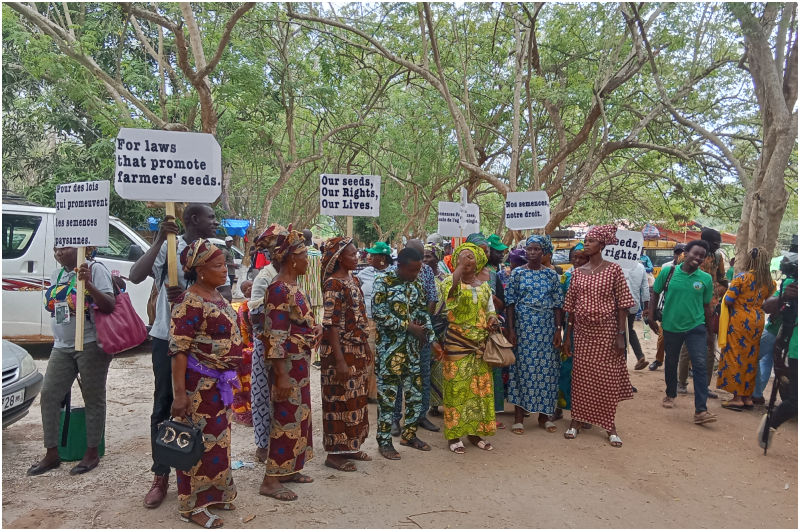
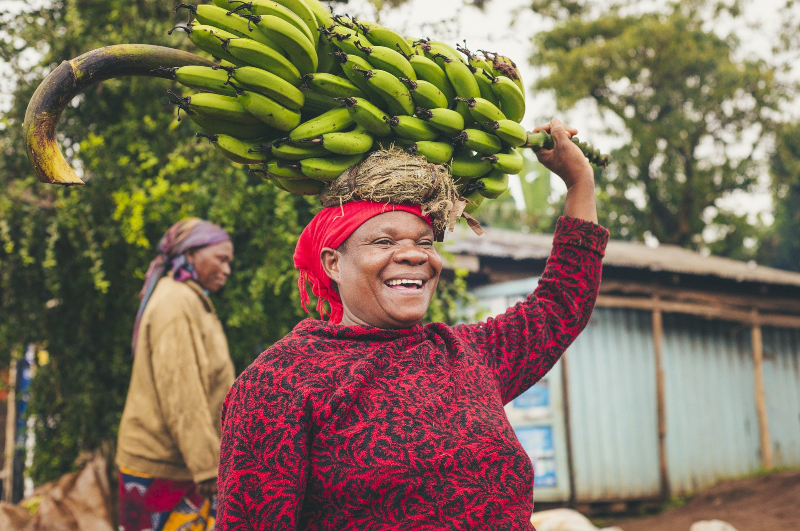
Select Payment Method
Pay by bank transfer
If you wish to make a donation by direct bank transfer please contact Fr Paul Hamill SJ treasurer@jesuits.africa. Fr Paul will get in touch with you about the best method of transfer for you and share account details with you. Donations can be one-off gifts or of any frequency; for example, you might wish to become a regular monthly donor of small amounts; that sort of reliable income can allow for very welcome forward planning in the development of the Society’s works in Africa and Madagascar.
Often it is easier to send a donation to an office within your own country and Fr Paul can advise on how that might be done. In some countries this kind of giving can also be recognised for tax relief and the necessary receipts will be issued.



